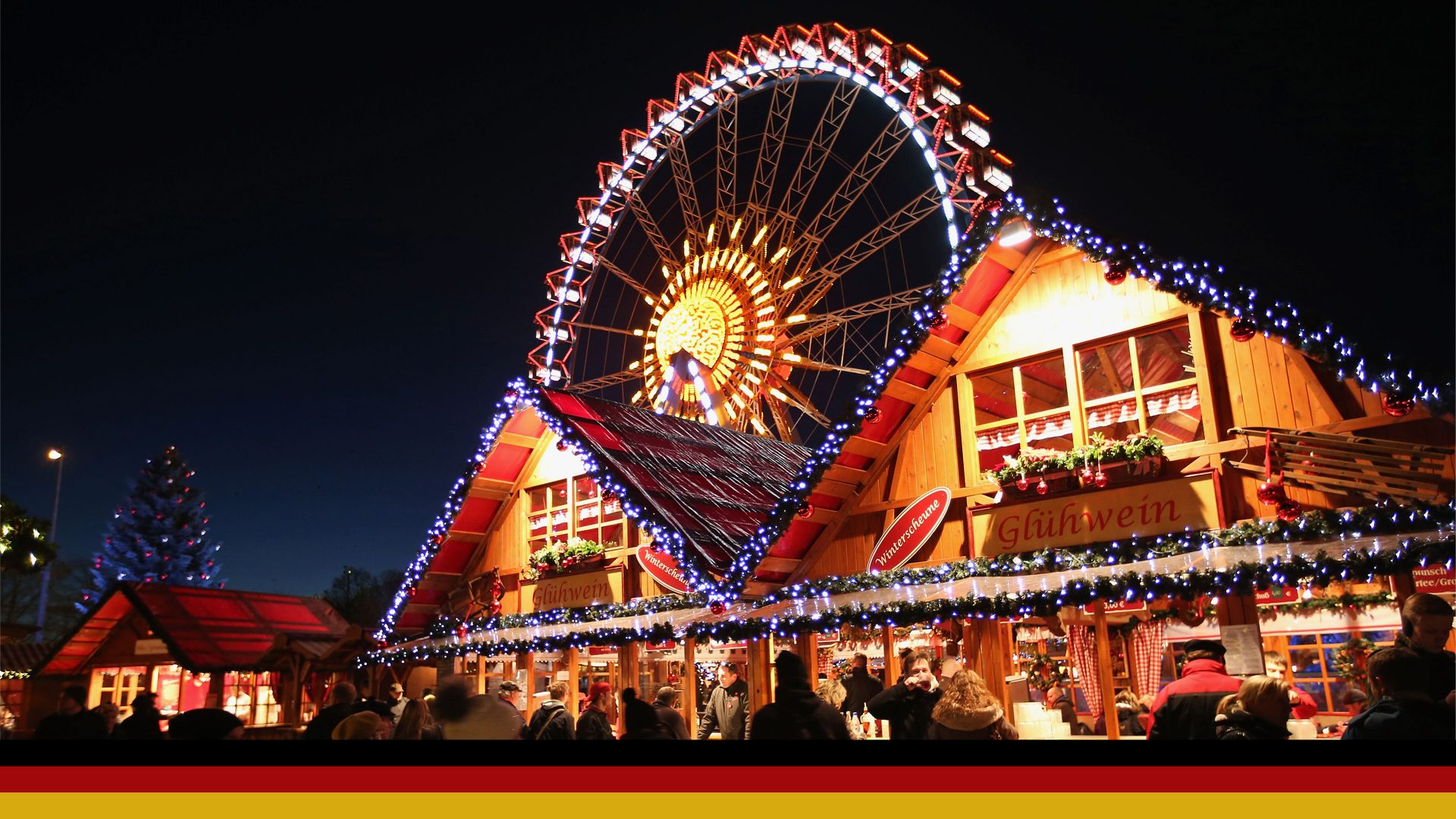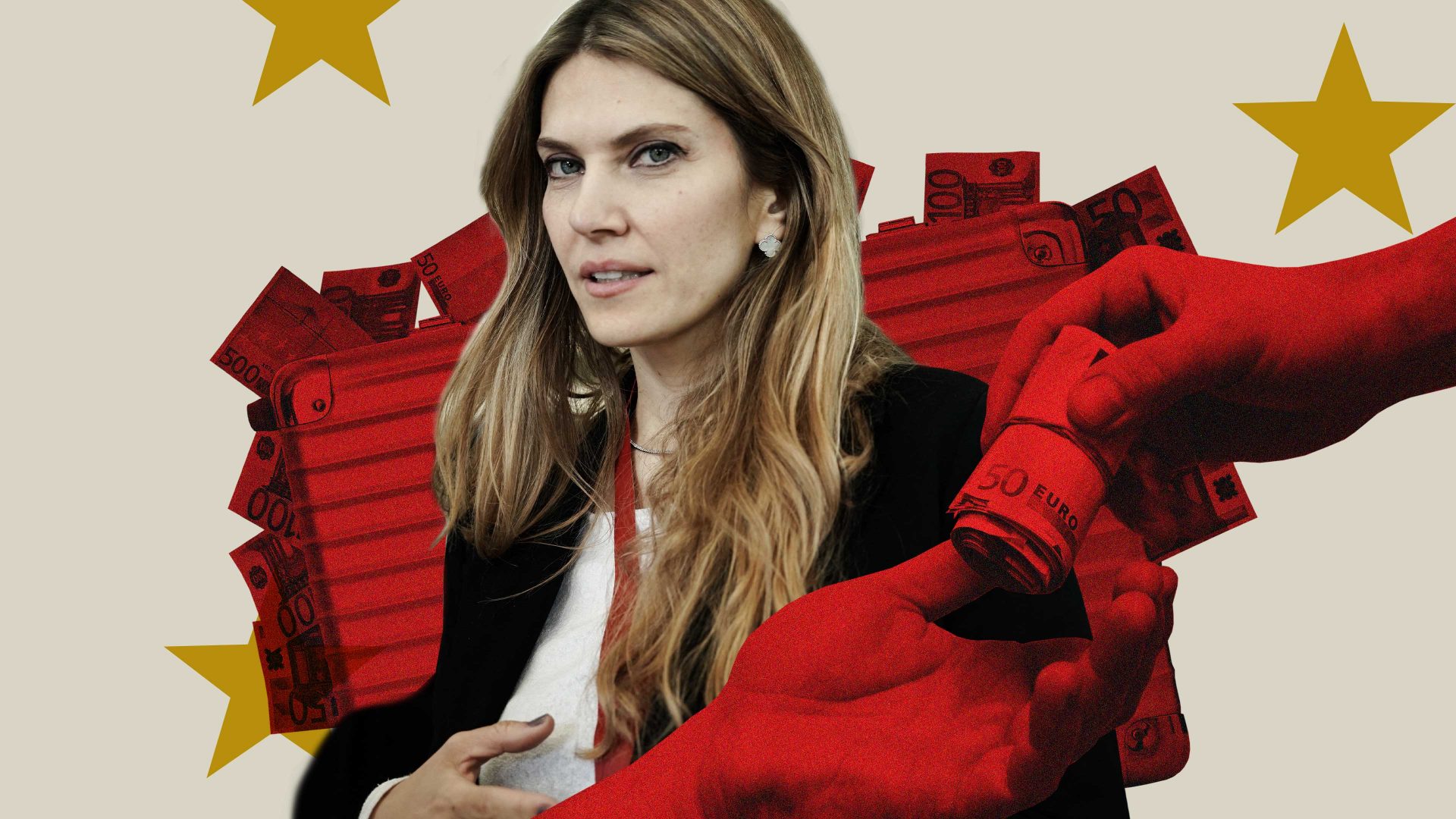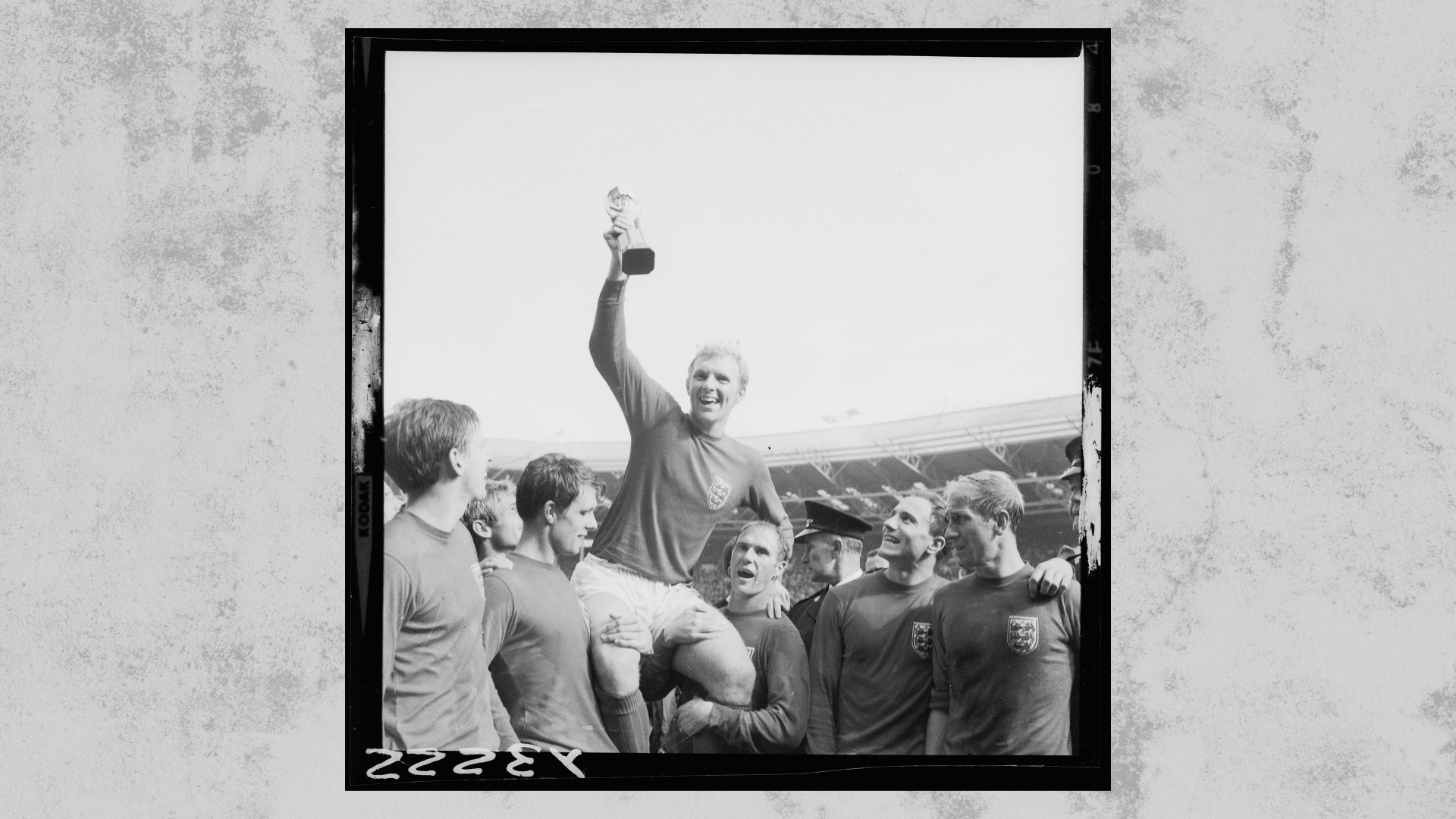This week’s task: Germansplain Christmas markets! Apparently they have become a thing in the UK, too.
Asking a German about Weihnachtsmarkt is like questioning Santa Claus about Rudolph, the reindeer – it’s a symbiotic relationship, since the beginning of time. Well, older than the Coca-Cola truck anyway.
Thanks to one of this season’s many viruses (supply outstripping demand by far), I didn’t get to inspect UK Christmas markets to find out whether they live up to the brand. I was stuck in Brussels, but to my delight, the “Plaisir d’Hiver” in the Belgian capital actually comes quite close to teutonic standards. It’s because Belgians are foodies and a Weihnachtsmarkt targets our primal senses above all.
This wasn’t always the case: markets in Dresden, Bautzen and Leipzig, first mentioned in documents around the 15th century, served basic consumer needs. Which meant: meat, more meat, plus pots, pans and barrels to prepare food and drink for the holidays.
From the 18th century onward, Christmas became a less religious and more sociable family event. Since then, the markets haven’t served needs (unless you “need” a handmade soap for £20). They are all about desire – a term usually not attributed to ever-efficient Germans. But when it comes to Christmas, we are romantics. We invented the Christmas tree, after all. Opening presents on the morning of the 25th? Inconceivable! Ja, daylight does help to figure out whether auntie gave you an same ugly scarf as last year. But the delight of opening presents underneath a candlelit tree, trying not to have wax or wine dripping on them – that’s the real thing.
This desire for Gemütlichkeit means that, from infancy, Germans are conditioned to the cosy ritual of Weihnachtsmarkt: there’s the Vorfreude (pleasant anticipation), then you arrive and inhale the addictive scents around you – sugar, apple, barbecue, fritters – soldier on with frozen feet, drink Kakao or Kinderpunsch, enjoy the sparkling lights, have a Würstchen or salty Kartoffelpuffer with Apfelmus (potato pancakes with apple sauce), wonder at the decorated stalls with candy and candy floss – or pricey handcrafted toys. Overpriced, as your parents inform you, who then sedate your lament about cold feet with a bag of candied almonds.
For adults, the ritual varies only slightly: just add Glühwein – glow wine, inadequately translated as mulled wine. The national tabloid Bild published this year’s price index, ranging from €3 in Dortmund to €6 in Munich. Plus a deposit for the cup (usually €2).
I usually burn my tongue at the first sip, and – as a slow drinker – end up with a cup of lukewarm sweetness. So I applaud the evolution to Winzerwein, from actual wineries, offered at posher stalls and less of a headache trigger.
In Brussels, I asked an English pub acquaintance why you like our Christmas markets so much. Birmingham, for instance, has franchised the Frankfurt Christmas market.
He replied it wasn’t just the British who liked it – he lives in Amsterdam and his Dutch friends go to Cologne to visit the many Weihnachtsmärkte there. Which reminded me of the Dutch couple I had overheard in a Cologne hotel lobby just a week earlier, on return from their Glühwein-excursion, commenting on the customised cups they were holding: “slightly out of date”. The inscription said 2021 – the year most Christmas markets weren’t allowed to open, so that year’s cups have been recycled in 2022.
And Mr Pub Acquaintance nails it: “Christmas markets, I guess it’s just your thing. You don’t do it for the tourists. You do it for you.” Exactly.
In every job I’ve been in so far, an outing to the Weihnachtsmarkt was a must. Colleagues head there after work, at least once in the 4-6 weeks the markets are open. In my home town, Bonn, old school pals traditionally meet on the evening of December 23. No prior arrangement needed, you just go and run into them (or you make sure to stay at home to avoid them). And you know something is wrong when a friend tells you: “I’m not in an Xmas mood at all, haven’t even made it to the Weihnachtsmarkt yet” – which is your cue to say: “Let’s go there now!”
Christmas markets even defy the logic of “seen one, seen them all”. Because between Marzipan in Lübeck and Lebkuchen in Nuremberg, no Weihnachtsmarkt is like the other. They only share one thing: the magic of Christmas.




